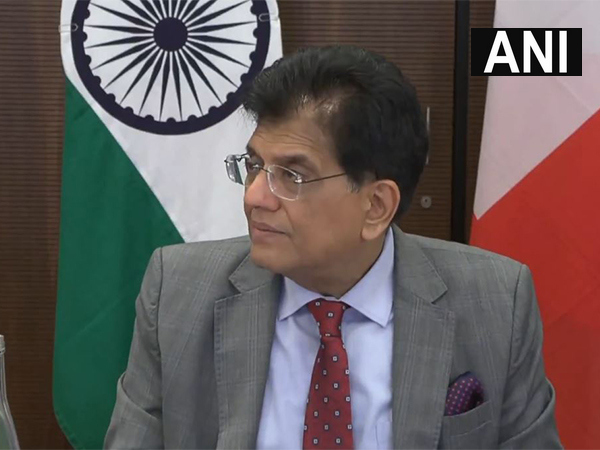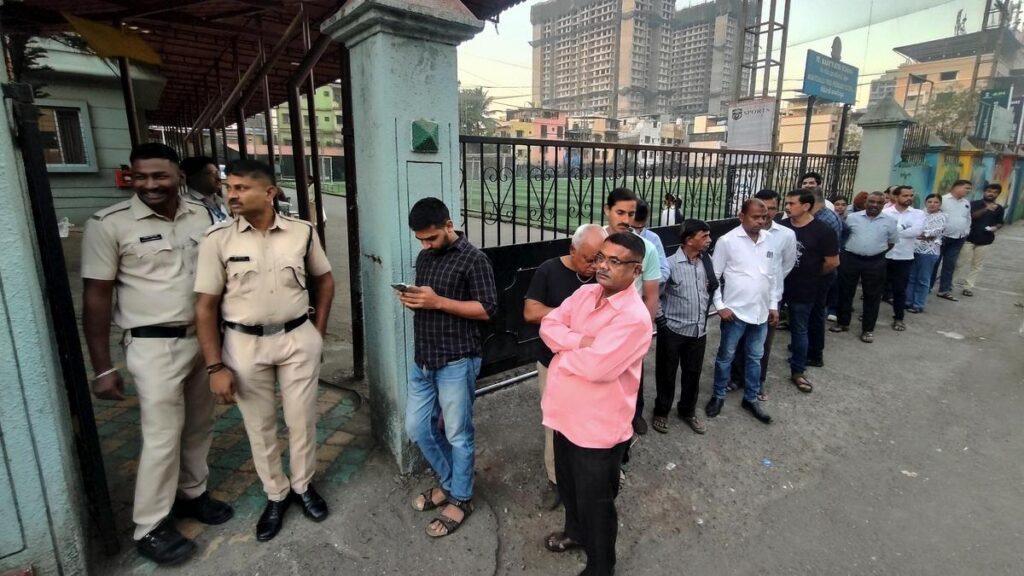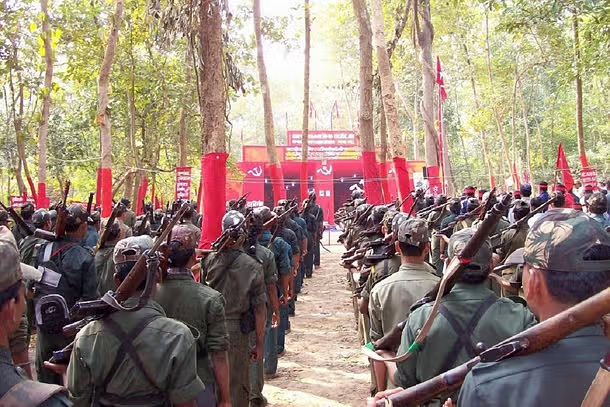Now Reading: China’s Rare Earth Restrictions a Wake-Up Call for India, Says Piyush Goyal
-
01
China’s Rare Earth Restrictions a Wake-Up Call for India, Says Piyush Goyal
China’s Rare Earth Restrictions a Wake-Up Call for India, Says Piyush Goyal

Union Minister Piyush Goyal has called China’s tightening control over rare earth exports a critical reminder for India to strengthen its own supply chains. Rare earth elements, essential for electronics, renewable energy, and defence equipment, are currently dominated by Chinese exports. Goyal emphasized the need for India to reduce its import dependence and develop domestic capabilities to ensure long-term resilience.
The Global Rare Earth Puzzle
Rare earth elements like neodymium, dysprosium, and lanthanum are vital for modern technologies including electric vehicles, smartphones, wind turbines, and military systems. China currently supplies over 85% of the world’s rare earths. Recent policy restrictions by China have raised global concerns over supply stability.
As countries diversify their manufacturing and energy sectors, access to rare earth materials has become a strategic issue. Any disruption in this supply can slow down production, increase costs, and even impact national security.
India’s Strategic Response
Recognizing the growing risk, India has stepped up efforts to reduce reliance on Chinese rare earth imports. The government is actively working on building alternative supply chains through both domestic exploration and international partnerships.
Minister Goyal stated that India is exploring mineral-rich regions within the country, including parts of Odisha, Andhra Pradesh, and Tamil Nadu. The focus is also on forming joint ventures with like-minded countries to secure long-term mineral resources.
Why It Matters for Tier 2 Cities
The development of rare earth processing and refining units could bring major opportunities for Tier 2 cities. Areas like Nagpur, Bhubaneswar, and Visakhapatnam may become hubs for clean-tech manufacturing if these materials are locally available.
These regions already have industrial zones and skilled technical manpower, making them suitable for new-age industries. The push for Atmanirbhar Bharat (self-reliant India) could lead to job creation and economic growth outside traditional metro centers.
Challenges Ahead
While India’s intentions are strong, building a rare earth ecosystem is complex. Mining is only the first step. Processing and refining require high-end technology and environmental safeguards. Investments in R&D, skilled workforce, and regulatory frameworks will be essential.
India also needs to balance its environmental priorities with industrial goals. Developing rare earth capacity must not come at the cost of ecological damage or displacement of local communities.
Conclusion
China’s restrictions on rare earth exports have highlighted a critical gap in India’s industrial strategy. Piyush Goyal’s remarks underline the urgency of diversifying supply chains and building domestic capabilities. For India, this challenge also presents an opportunity to grow industries in new regions, support green energy goals, and secure economic independence in critical sectors.

























